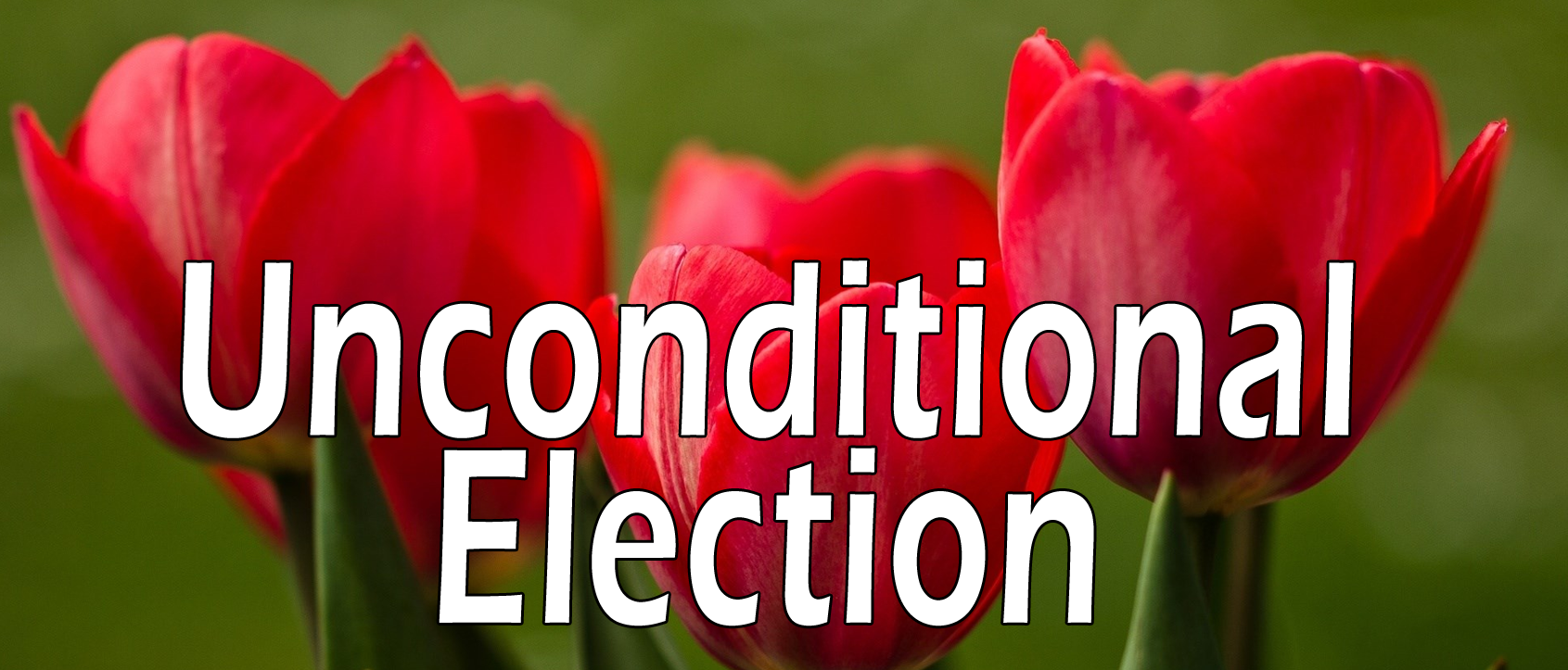There is a logical direction toward which these doctrines move. First, people are depraved, cut off from the life of God and are unable to come to Him. That’s the way that God sees them and He has chosen them as fallen sons in Adam. That is unconditional election. Then comes the Son who pays their debt. The Spirit applies the work of the Son and they are kept forever for and by God. Total Depravity is defined as:
Because of the Fall, man is unable of himself to savingly believe the gospel. The sinner is dead, blind and deaf to the things of God; his heart is deceitful and desperately corrupt. His will is not free; it is in bondage to his evil nature. Therefore, he will not –indeed, he cannot—choose good over evil in the spiritual realm. Consequently, takes much more than the Spirit’s assistance to bring a sinner to Christ. Spirit makes the sinner alive and gives him a new nature. Faith is not salvation, but itself a part of God’s gift of salvation. It is God’s gift to the sinner, not the sinner’s gift to God.[22]
The five points go from one who is utterly, radically depraved, to one who is made holy and blameless because of Christ’s atoning death and kept safe forever in the arms of God. So, in thinking about election we must presuppose the depravity and fall of man. When God chose, He chose those who would by Adam’s Fall, fall into sin, misery, and depravity. We are told that He chose them to be “holy and blameless” (Eph. 1:4), presupposing that we were not holy and blameless. When thinking and speaking of Unconditional Election, we do not have in mind the election of people who were good, but the election of people who were fallen in Adam and on their way to Hell, if God did not intervene. If there was no election, no one would be saved, because man cannot and desires not to come to God, without the special and gracious work of God in his heart. This point is taken into consideration in the 6th chapter of the Confession.
Unconditional Election From Scripture

After laying the basis for man’s utter depravity—the fact that He cannot and will not come to God (Rom. 3:11; 8:7-8), the Five Points of Calvinism move to Unconditional Election, which as I have pointed out above by quoting some theologians, it is God’s free decision to choose out of the fallen race of Adam, before creating the world, some who would not receive their just punishment, but instead will be saved from God’s righteous wrath on the basis of Christ’s work. While a case for absolute divine election can be made if one goes to church history, but that is not much of interest to me. The Scripture teaches it, church history confirms it. The Scripture is the only standard for the truth and we should go into this inquiry about election to the God-breathed Scripture as the highest and infallible authority (see chapter 1). There should be humility to submit to the Word of God in what it teaches about election and reprobation and to no other authority than God Himself in the Word.
There are others who, when they would cure this disease, recommend that the subject of predestination should scarcely if ever be mentioned, and tell us to shun every question concerning it as we would a rock. Although their moderation is justly commendable in th...








